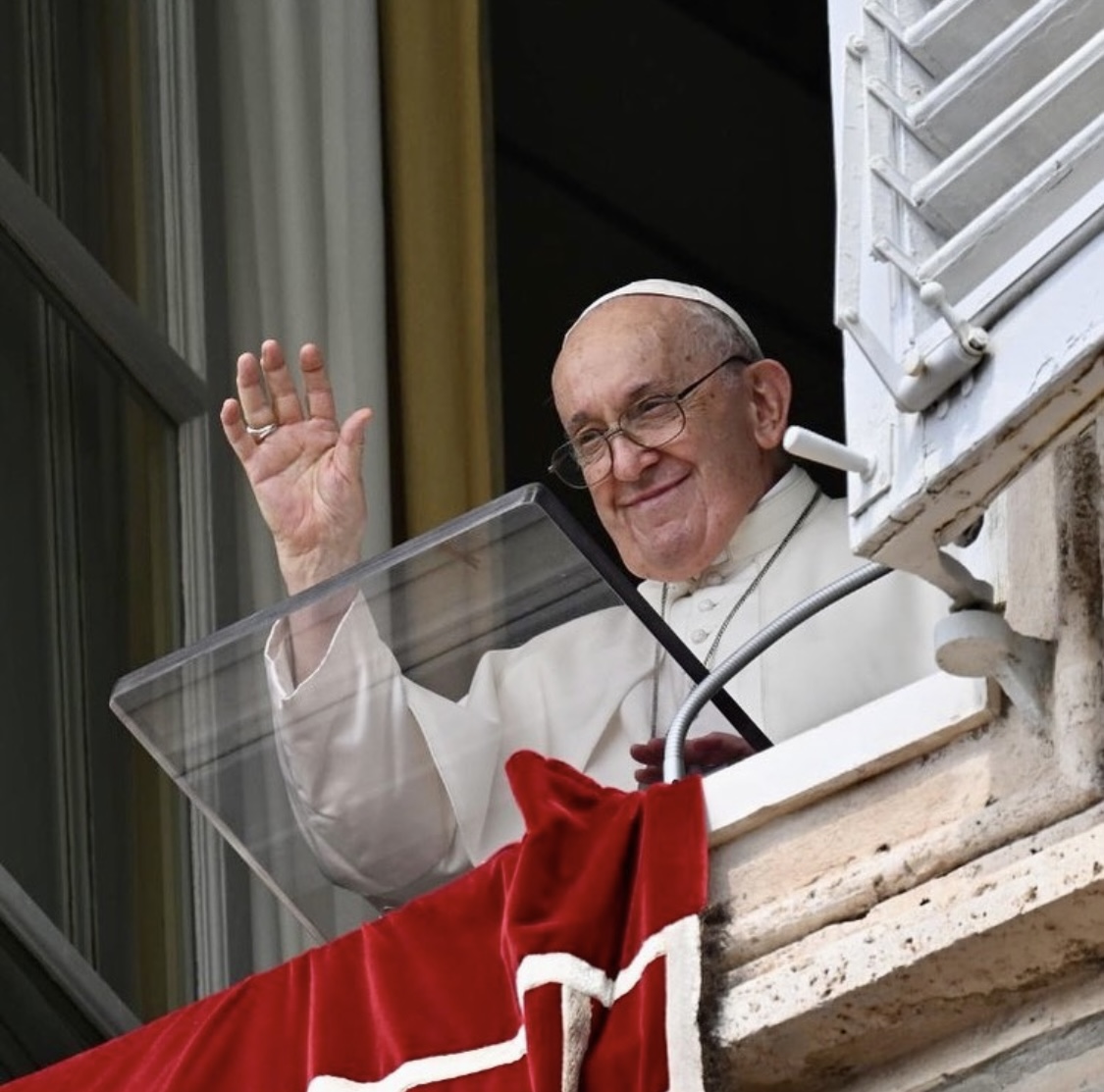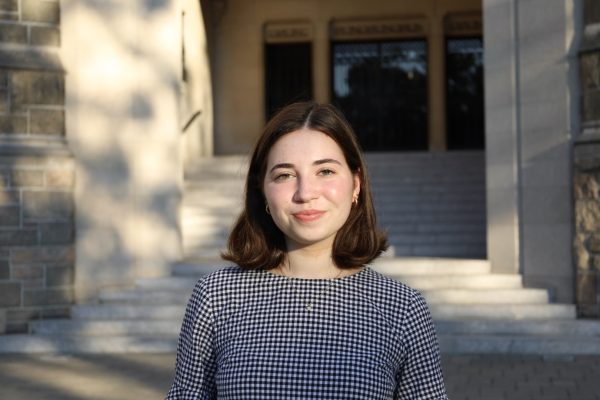On Oct. 4, Pope Francis issued “Laudate Deum,” an Apostolic Exhortation building on his 2015 encyclical letter “Laudato Si’.” In “Laudato Si’,” Pope Francis focuses on care for the natural environment and all people – the encyclical’s subtitle “Care for Our Common Home” mirrors the document’s theme. “Laudate Deum,” published on the feast of St. Francis of Assisi, critically addresses the current climate crisis. Pope Francis opens the exhortation by defining climate change as “a global social issue and one intimately related to the dignity of human life” (“Laudate Deum” 3).
Throughout the exhortation, Pope Francis argues for the anthropic origin of climate change, stating, “It is not possible to conceal the correlation of these global climate phenomena and the accelerated increase in greenhouse gas emissions, particularly since the mid-twentieth century” (“Laudate Deum” 13). With Pope Francis writing “despite all attempts to deny, conceal, gloss over or relativize the issue, the signs of climate change are here and increasingly evident” (“Laudato Deum” 5), the exhortation is an explicit call for political action. In the remainder of the Apostolic Exhortation, Pope Francis laid out scientific data, damages and risks and spiritual motivations.
Fordham’s Environmental Action Plan Proposal, authored by the Laudato Si’ Action Planning Committee, outlines an action plan to guide a “seven-year transformation process at Fordham University.” The plan proposal includes an in-depth baseline evaluation of Fordham’s green work to date, a response to the most recent Climate Action Report and goals the Committee would like to fulfill. The Committee aims to update the university community in real time on their progress relevant to the plan proposal; the 2022-23 action plan is the most recent action plan. Julie Gafney, assistant vice president of Strategic Mission Initiatives and executive director for The Center for Community Engaged Learning (CCEL), is chair of the Laudato Si’ Action Planning Committee and co-author of the plan proposal.
“The first thing I wanted to communicate to the campus community [in Fordham’s Environmental Action Proposal Plan] and beyond is that we have to work across our respective areas on this crucial project. This is not work that can be handed off to one person at an organization. It has to be integrated as a priority into everything we do — the classes we teach, the research projects we take on, the grants we apply for, the considerations we make when we build or grow a program,” said Gafney.
According to Gafney, “Laudate Deum” will further influence the university community to take action against the climate crisis.
“‘Laudate Deum’ is a powerful exhortation that we have not made enough progress in the past eight years since ‘Laudato Si’.’ I think it will serve as a motivator to the University community to see the plan as a living commitment. It’s not enough to write the plan — we need to make progress every day. And it’s also a message of hope — I think we all need that,” said Gafney.
Similarly, Will Gualtiere, FCLC ’25, said he agreed that the papal texts are vital and can help to understand the convergence of the climate crisis and religion. “The climate crisis is something that affects everyone while people know little about it. Texts like ‘Laudato Si’’ and ‘Laudate Deum’ are an important part of this crisis as it allows those unacquainted with it to see its intersection with religion and faith, something they may not initially see as connected,” said Gualitiere.
If students are interested in learning more about the climate crisis, there is a new one-credit course being offered in spring 2024 which will introduce students to environmental justice and sustainability in New York City.
“I’d like students to think about their role in building and running projects that will outlast them here at Fordham. That’s a powerful legacy. For all of us, it’s hard to push beyond issue-spotting and actually roll up our sleeves, but when we do, that’s when the real work happens,” said Gafney.









































































































































































































